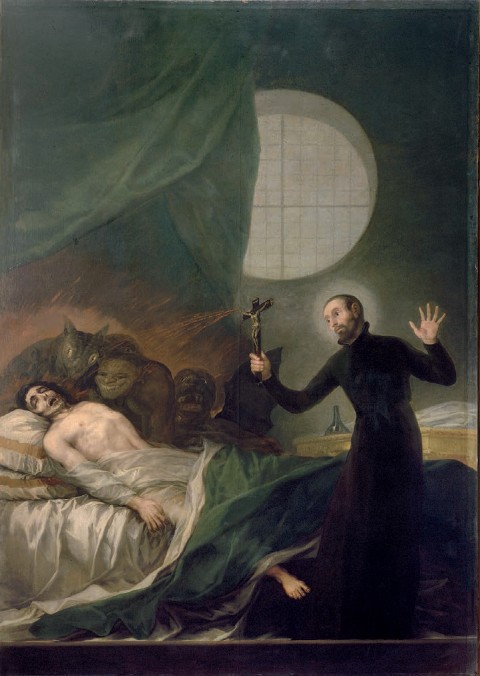What's dangerous about exorcism?
The practice plays a big role in Christianity—and not just on the fringes.

Global migration has brought radically different religious cultures into close contact with one another, and the consequences can be painful. Recently the respected British think tank Theos issued a judicious report by Ben Ryan on Christianity and mental health, which among other things discussed the possible medical interpretations of reported episodes of demon possession and exorcism. The report warned properly of the danger of “Christian over-spiritualizing”—a “tendency to ascribe anything and everything to spiritual causes when other medical ones may exist.”
For all its cautious words, Ryan’s report was inevitably seized on by the media for the section that reported an “astonishing increase in demand” for exorcisms. These “are now a booming industry” in the United Kingdom, it said, partly though not entirely because of “immigrant communities and Pentecostal churches.” Distorted media accounts told of mass “spiritual abuse” by churches that exploited and harmed the mentally ill and vulnerable.
Exorcism is a crucial matter for many of Britain’s immigrant churches, especially those from Africa, where belief in possession and witchcraft is very widespread. (Britain today has around 1.5 million African-born residents.) Such churches view apparent possession cases in terms of demonic activity rather than as a mental health issue treatable by secular means.




